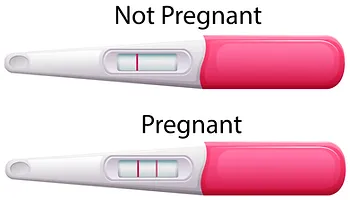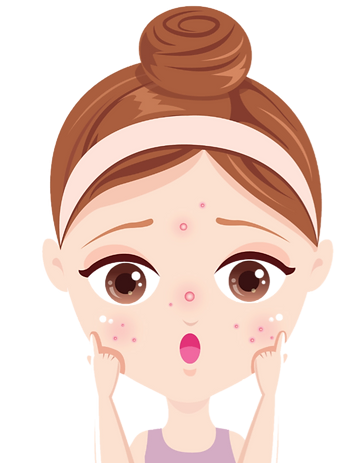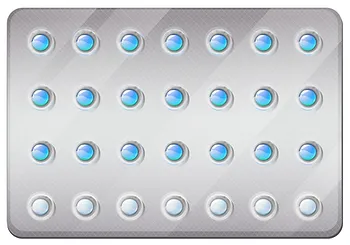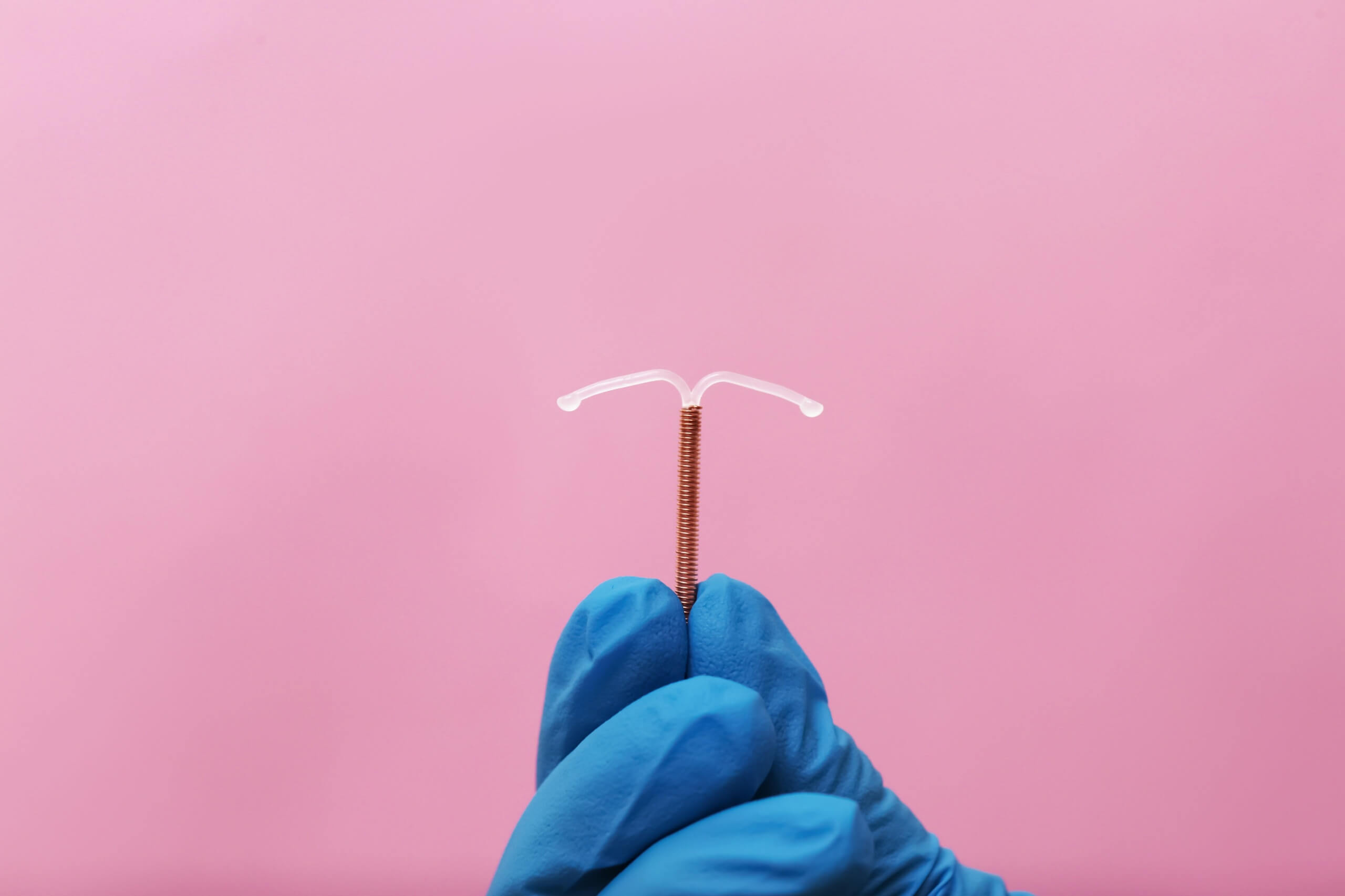- You skip periods (and are not on birth control)
- You have an increase in acne and/or facial hair
- Your periods are usually very, very light (you might not need more than a pantyliner) and very unpredictable
What is PCOS?
It stands for PolyCystic Ovarian Syndrome, which is one of the worst names for a syndrome ever. Its very misleading because many women think if they’ve had cysts on their ovaries, that they have this. Not true at all. PCOS has nothing to do with ovarian cysts. (see, dumb, right?)
- PCOS comes from not ovulating regularly. That’s the issue.
- So if you have normal, monthly periods, you do not have PCOS.
- If you skip periods a lot (maybe go months without one) then yes, I’m suspicious you may have PCOS.
- There are a few other conditions that can cause you to skip periods (stress, being underweight, an under-active thyroid, elevated prolactin levels, some adrenal disorders and more), so you do need to see your OBGYN to get a definitive diagnosis.

So why the name then?
It got this name because an ultrasound will show ovaries with multiple follicles, which look like small cysts – but they are follicles and not cysts, and diagnosis is not made based on the ultrasound. (We know it’s confusing.)
An ovary with multiple follicles is how all ovaries look at the beginning of each menstrual cycle. The ovaries in women with PCOS are basically stuck in the beginning of the menstrual cycle.
Is it bad not to ovulate regularly?
Not at first, but over time it can cause problems…
There are 4 main problems with PCOS:

1. Getting pregnant
- you don’t know when you will ovulate – you may go months without a period
- you may think you can’t get pregnant, but then get a surprise, because ovulation can still occur spontaneously
- you may need help ovulating when you are ready to get pregnant

2. Testosterone effects
- All women have some testosterone, but your testosterone level really increases when you have PCOS
- This build-up of testosterone causes acne and facial hair

3. Irregular uterine bleeding
- You may go months without a period, but the lining of your uterus keeps building up
- A thick lining of the uterus can lead to suprise bleeding, which can be very heavy, or last for weeks
4. Uterine Cancer
- If left untreated, this could lead to uterine cancer over time
- The uterine lining keeps building up and can cause endometrial cancer, the most common type of uterine cancer.
**Don’t be confused with skipping periods while on birth control.**

- It’s OK to skip periods while taking a birth control pill – that’s totally different.
- The pill regulates periods, binds up testosterone, prevents acne and new facial hair growth, and prevents lining of uterus from building up, so decreases risk of uterine cancer.
- You can’t diagnose PCOS while taking a birth control pill.
What causes this?
There is evidence that increased insulin levels cause PCOS in some women.
Insulin is what our body produces when we eat to help us store food in our cells. Eating sugar, or carbohydrates, really makes insulin levels increase. Women who eat mainly carbohydrates have higher insulin levels over longer periods of time. This may be what prevents the ovaries from ovulating in some women.

What are carbohydrates?
sugar… bread… pasta… cereals… pastries… cake… candy… soda…
(The most delicious foods, of course)
Not all women with PCOS are overweight, but insulin levels still seem to play a role. So a low-carb diet may be beneficial for anyone with PCOS.
Treatment options for PCOS
1. For women with PCOS who are significantly overweight, first line treatment is weight loss.
Although a certain diet has not been scientifically proven to be better than another, from what we know about insulin’s link to PCOS, I do recommend starting a low-carbohydrate diet, or trying intermittent fasting. Just decreasing your carbohydrate (sugar) intake will decrease your overall insulin levels, and periods may regulate on their own.
2. Sometimes we will prescribe metformin, or similar drugs used to treat diabetes. These drugs do have some side effects and have been shown to help regulate periods, but it hasn’t been proven to help with fertility. This may be a good option for significantly overweight pre-diabetic women, as they can aid with weight loss and lowering insulin levels.
3. The birth control pill (or patch or ring). If you’re not ready to get pregnant, the pill will bind up the extra testosterone to help clear up your acne, stop new facial hair growth, and regulate periods to prevent uterine cancer. If you can’t take estrogen, an IUD can help prevent heavy bleeding and uterine cancer.
4. If you are ready to get pregnant – and are at a healthy weight – then there are medications we can use to induce ovulation. These include clomid, letrozole and injectable FSH.
5. Ovarian drilling. An old-school treatment option involving surgery, where we literally poke holes in the ovaries. It actually breaks the PCOS “spell” for a bit and allows ovulation to occur. Pretty cool. We don’t use this as much anymore, but is an option for some women.
(I’m sure in your googling you came across inositol. There is no evidence that this actually works at all yet, so that’s why I haven’t recommended it. Theoretically it shows promise, but hasn’t been found to definitely work yet.)
PCOS is nothing to be afraid of at all. This is something you can have control over. Start to appreciate how your diet affects the way your body functions, and commit to a healthier lifestyle. Then go see your OBGYN to discuss birth control and/or fertility options. Good luck!


Ask Us A Question
Need more information? Please give us a call at (630) 320-6703 and someone from our team will be in contact with you soon.
Patient Resources





